| Model: | MOS 66357-35-5 |
| Place of Origin: | Shandong,China (Mainland) |
| CAS: | 66357-35-5 |
- Have any questions?
- +86-189 8930 5995
- sales@mosinterchem.com.cn
Ranitidine hydrochloride CAS 66357-35-5

Coenzyme a CAS 85-61-0
04/12/2018
Tesofensine CAS 402856-42-2
04/12/2018Ranitidine hydrochloride ( CAS: 66357-35-5)
| Item | Index |
| Molecular Formula | C13H22N4O3S |
| Molecular weight | 314.4 |
| Specification | CP/USP/EP |
| Appearance | Off-white or light yellow crystalline powder |
| Melting point | 69-70°C |
| Solubility (in water) | 24.7 mg/mL |
| Storage Condition | Desiccate at +4°C |
Ranitidine is a histamine H2-receptor antagonist that inhibits stomach acid
production. It is commonly used in treatment of peptic ulcer disease (PUD) and
gastroesophageal reflux disease (GERD). Ranitidine is also used alongside fexofenadine
and other antihistamines for the treatment of skin conditions such as hives. Ranitidine is
also known to give false positives for methamphetamine on drug tests.
It is on the World Health Organization’s List of Essential Medicines, a list of the
most important medication needed in a basic health system.
Medical use
Relief of heartburn, acid indigestion, and sour stomach.
Short-term and maintenance therapy of gastric and duodenal ulcers
Ranitidine can also be coadministered with NSAIDs to reduce the risk of ulceration.
Proton-pump inhibitors (PPIs) are more effective for the prevention of NSAID-induced ulcers.
Pathologic GI Hypersecretory Conditions such as Zollinger-Ellison Syndrome
Gastroesophageal Reflux (GERD)
erosive esophagitis
Part of a multidrug regimen for H. pylori eradication to reduce the risk of duodenal ulcer recurrence.
Recurrent postoperative ulcer
Upper GI bleeding
Prevention of acid-aspiration pneumonitis during surgery: Ranitidine can be administered
preoperatively to reduce the risk of aspiration pneumonia. The drug not only increases gastric
pH, but also reduces the total output of gastric juice. In a 2009 meta-analysis comparing the net
benefit of proton pump inhibitors and ranitidine to reduce the risk of aspiration before anesthesia,
ranitidine was found to be more effective than proton pump inhibitors in reducing the volume of
gastric secretions. Ranitidine may have an antiemetic effect when administered preoperatively.
Prevention of stress-induced ulcers in critically ill patients.Ranitidine is a histamine H2-receptor
antagonist that inhibits stomach acid production. It is commonly used in treatment of peptic ulcer
disease (PUD) and gastroesophageal reflux disease (GERD). Ranitidine is also used alongside
fexofenadine and other antihistamines for the treatment of skin conditions such as hives. Ranitidine
is also known to give false positives for methamphetamine on drug tests.
It is on the World Health Organization’s List of Essential Medicines, a list of the most
important medication needed in a basic health system.
You must be logged in to post a review.
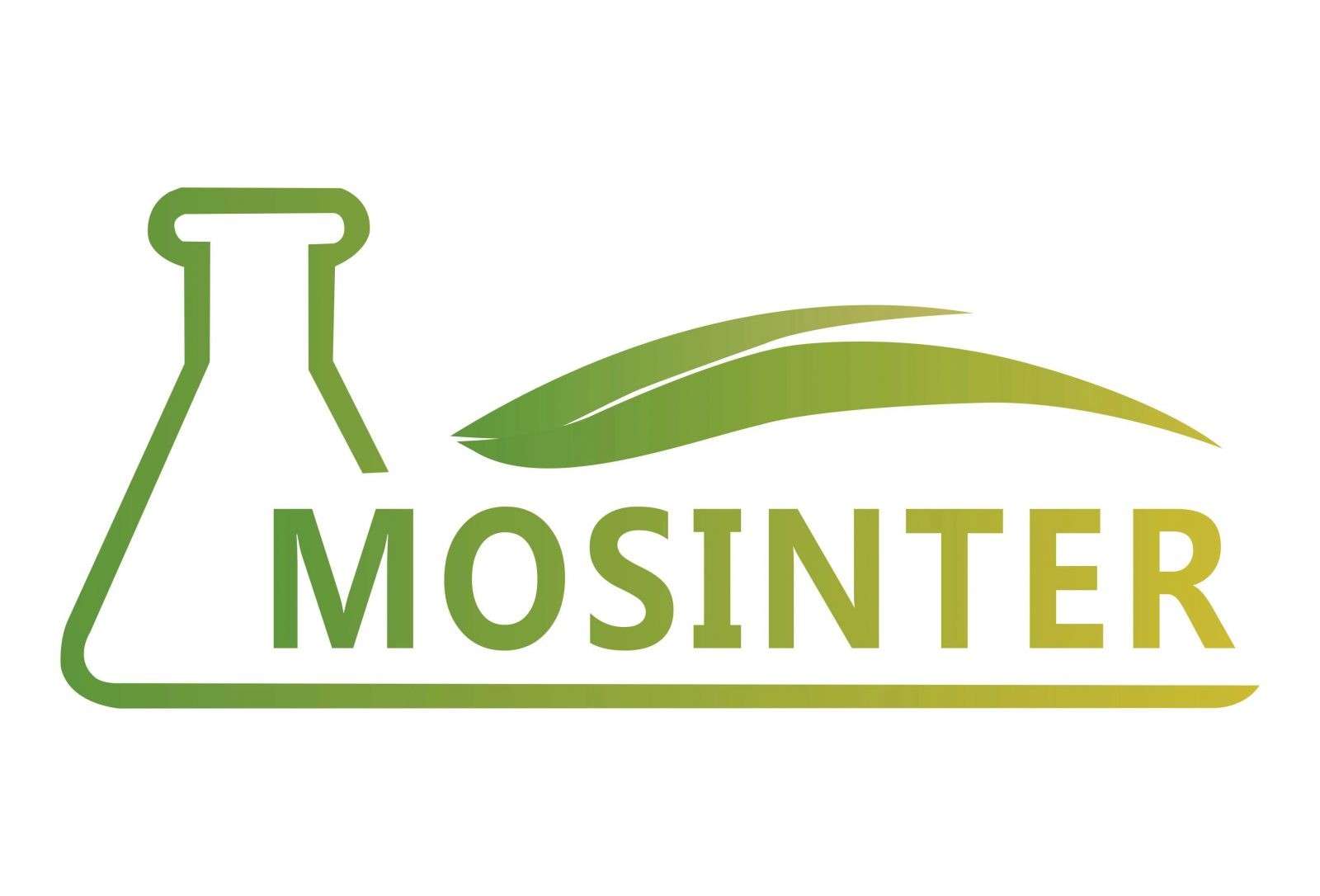
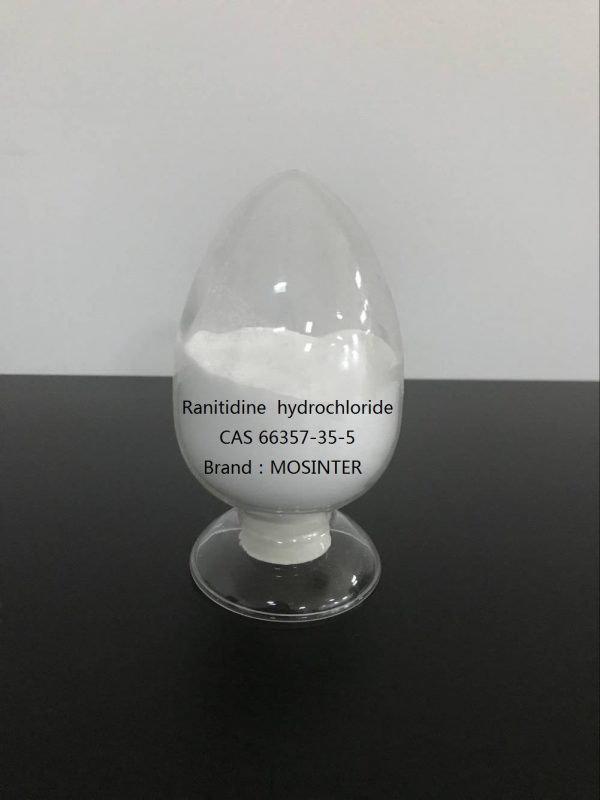
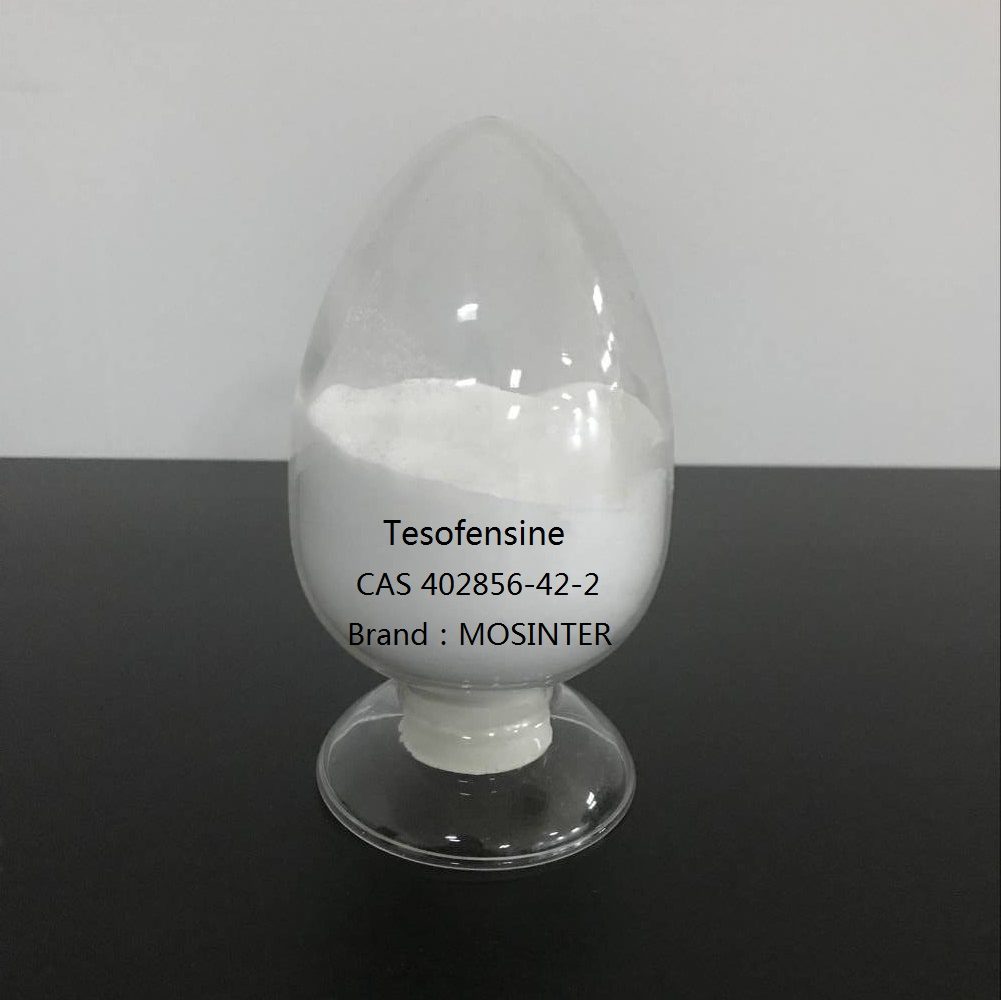
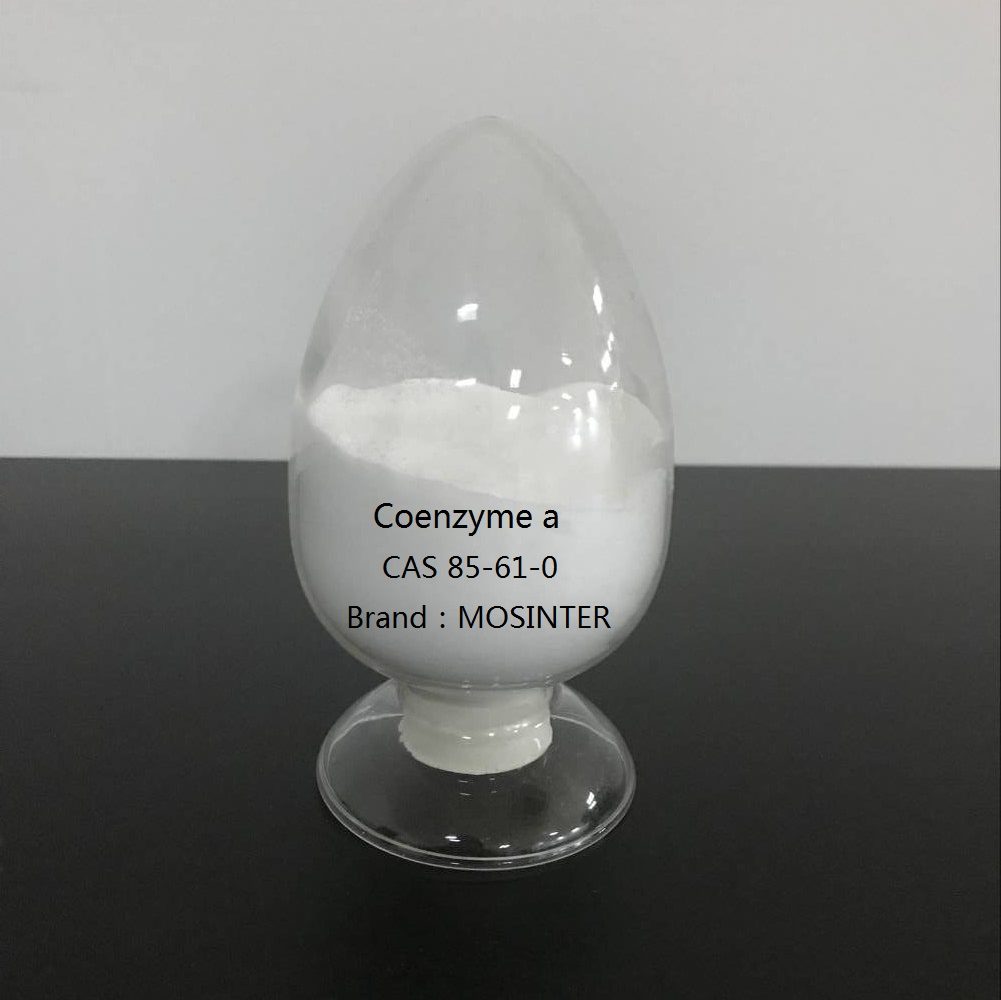
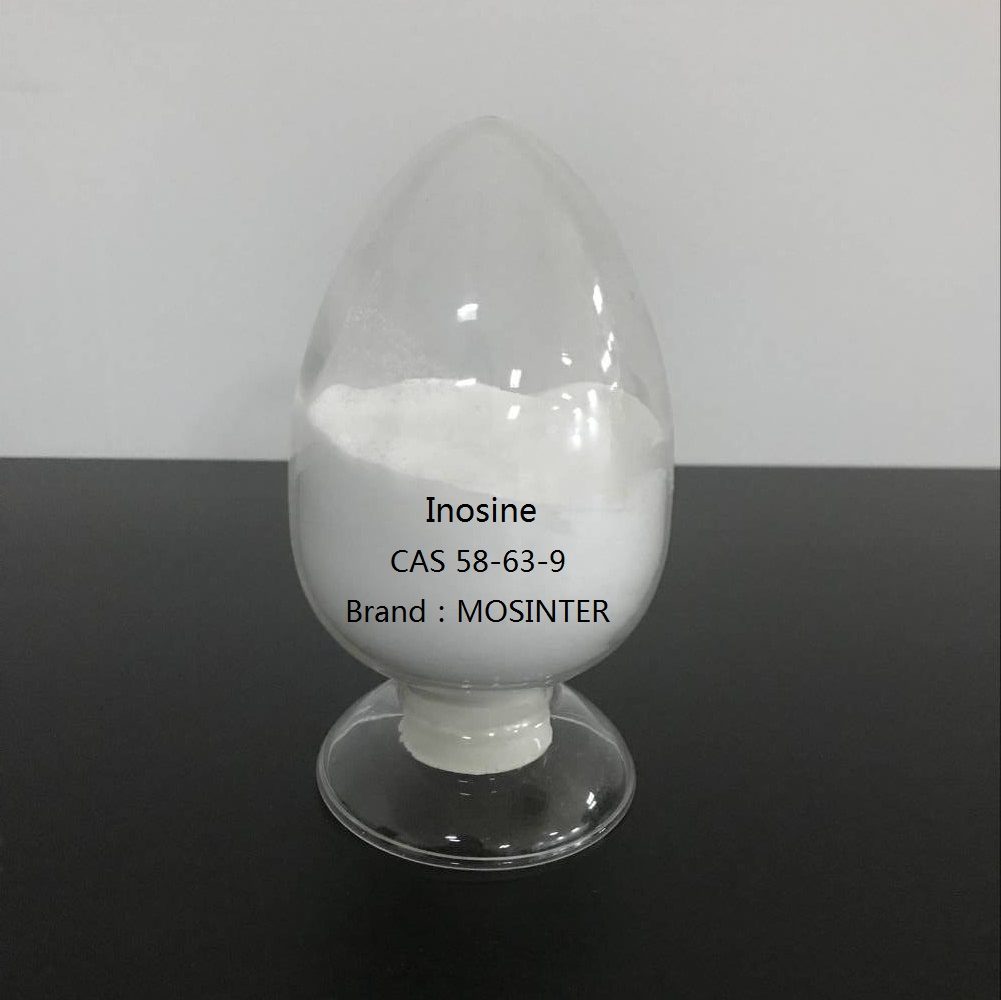
Reviews
There are no reviews yet.